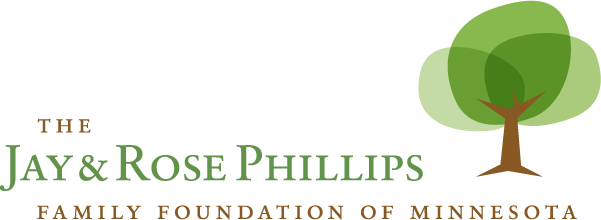By Trent Saari, Program Evaluation and Employment Resource Developer at Project for Pride in Living (PPL)
Over the past few weeks I have been wrestling with the concept of community. Theorizing and thinking about what the concept exactly means, and what the concept means in terms of my work. This internal discourse was only heightened by an entire training day focusing on sustainable or unsustainable transit, and its impact on surrounding communities. Although transportation was a key component of each presentation, the concept of community was at the heart of each presentation.
We had Damon Shoholm, the Director of the James P. Shannon Leadership Institute at Amherst H. Wilder Foundation, as well as Larry Hiscock and Jocelyn Leung from Nexus Community Partners, come in and present to our cohort. As an audience member I thought the presenters and their subsequent presentations afforded numerous takeaways. However, for the sake of this piece I will only discuss my major takeaway from the entire session. Damon Shoholm specifically discussed the construction of I-94 through the old Rondo neighborhood or community. From the newspaper clippings from the 1900’s-1940’s he provided, it was evident that Rondo was a vibrant, tight-knit, and resilient community. Despite this, Rondo was selected as the site of what is now I-94 because it was a predominantly African-American community.
The major takeaway in my opinion is not the overt racism that led to a community being literally split in half (although that is an integral component), but the fact that before the construction of I-94, the Rondo neighborhood was a bustling community. As AmeriCorps VISTAs we are often placed in communities deemed to be in need, but we must acknowledge the systems and institutions that are partly responsible for creating the “need” at the outset. The solution is often seen as necessitating a top-down approach with a select few individuals leading the effort. In our quest to “help-out,” the community’s voice is lost and the resiliency of marginalized communities is forgotten.
As volunteers we may often take the driver’s seat, rather than being a supportive passenger, leading the vehicle (the community) to a possibly undesirable location. Sometimes we forget that our role should be supportive rather than prescriptive. Marginalized communities have always been self-organizing and, as the individuals most affected by inequitable systems, have fought and continue to fight against social injustices. As individuals completing a year of service, we must not forget the systems that have plundered communities (case in point: Rondo). We must all realize that we are all part of multiple communities within a larger societal community, and that our well-being should not rest on the oppression of others, but rather in accordance with one another’s well-being.
